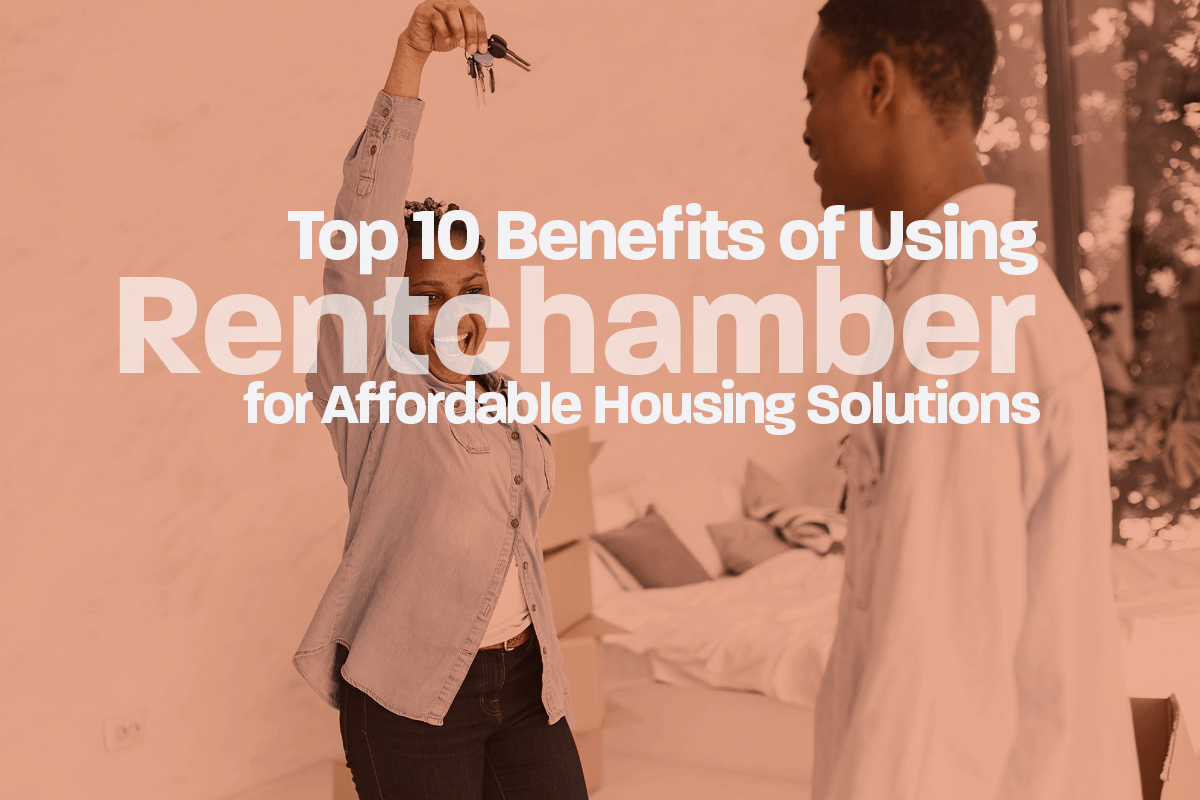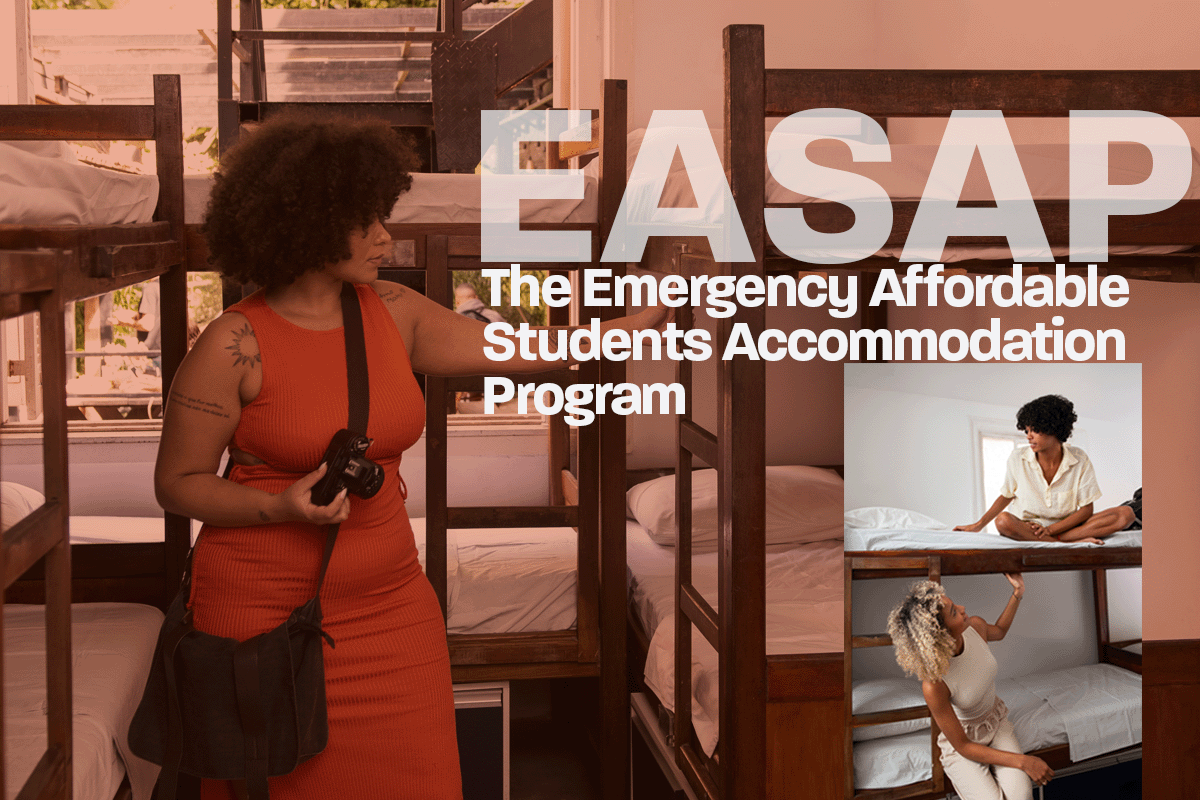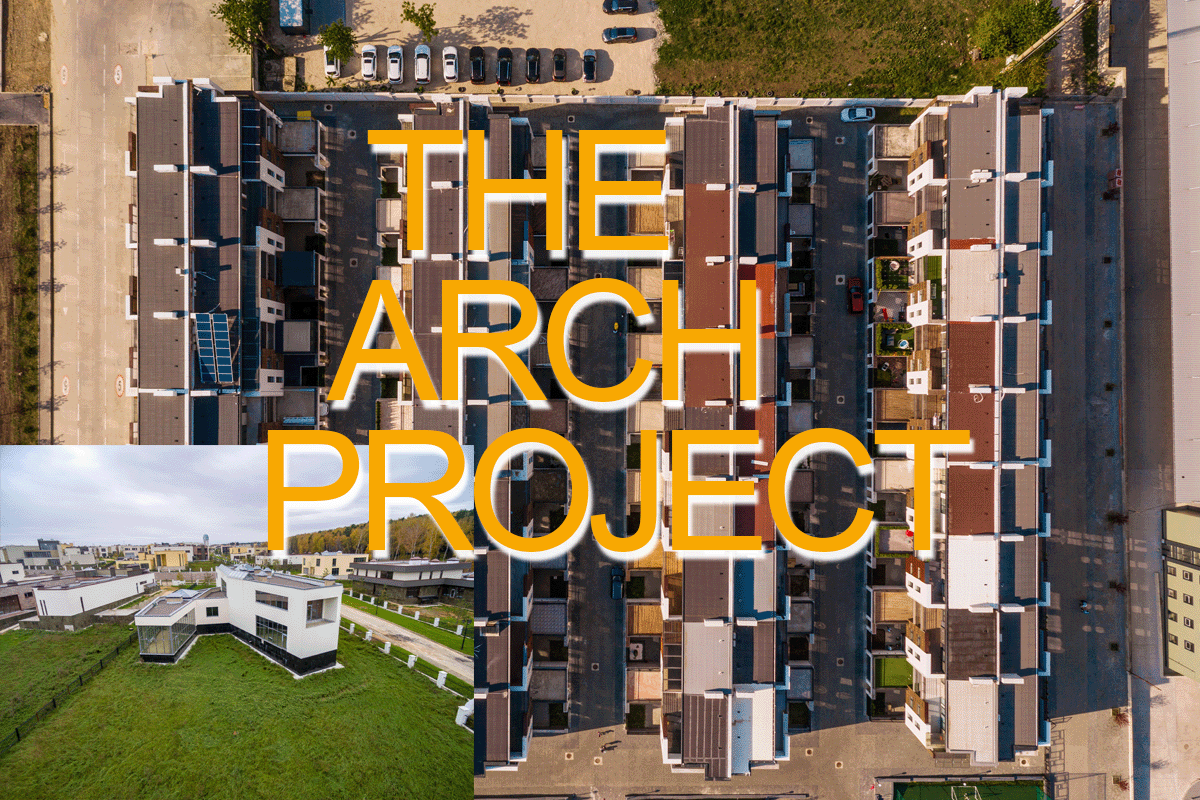Homeownership has long been considered a cornerstone of financial stability and personal achievement in many parts of the world. It provides a sense of security, a place to call one’s own, and often represents a significant investment. In Africa, as in other continents, the aspiration to own a home is deeply ingrained in society. However, the path to homeownership for African youth is evolving, shaped by economic, demographic, and cultural factors redefining what it means to own a home on the continent.
Factors Shaping African Youth’s Path to Homeownership
Changing Demographics
One of the key drivers of change in the African homeownership landscape is the continent’s youthful population. Africa is home to the world’s youngest population, with an estimated 60% of its people under the age of 25. This demographic shift brings both opportunities and challenges for aspiring homeowners.
Challenges:
-
Limited Access to Formal Financing:
Many young Africans face challenges in accessing traditional mortgage financing due to factors like income instability and a lack of credit history.
-
Rising Urbanization:
Rapid urbanization has led to increased demand for housing in cities, driving up property prices in many urban centers, and making homeownership less affordable for young people.
-
Informal Settlements:
In some regions, informal settlements or slums are the primary housing option for young people due to the lack of affordable alternatives.
Opportunities:
-
Innovation in Housing Finance:
Innovative financing models, such as microfinance and housing cooperatives, are emerging to cater to the needs of young, financially underserved populations.
-
Technology and Financial Inclusion:
Mobile banking and fintech solutions are expanding financial inclusion, allowing young people to save and access credit more easily.
-
Affordable Housing Initiatives:
Some governments and organizations are developing affordable housing projects targeting young, low-income earners, providing them with more accessible homeownership opportunities.
Cultural Shifts
African youth are also experiencing cultural shifts that influence their homeownership choices. The traditional concept of homeownership, where one buys a large family home, is evolving. Many young Africans are considering alternatives like co-living arrangements, micro-housing, or shared homeownership to meet their housing needs.
Entrepreneurship and Investment
A growing number of African youth are exploring entrepreneurship and investment as pathways to homeownership. Instead of solely relying on salary income, they are starting businesses, investing in real estate, or engaging in other income-generating activities to achieve their homeownership goals.
The Role of Government and Policy
Governments across Africa play a crucial role in shaping the future of homeownership for the youth. Effective housing policies, regulatory frameworks, and incentives can significantly impact affordability and accessibility. Initiatives like land reforms, subsidies, and affordable housing projects can provide young people with more opportunities to own a home.
To sum up
The future of homeownership for African youth is dynamic and multifaceted, influenced by demographic shifts, cultural changes, economic opportunities, and government policies. While challenges exist, young Africans are resilient, resourceful, and determined to achieve their homeownership dreams. As they continue to adapt and innovate, the path to homeownership in Africa will evolve, reflecting the aspirations and realities of a vibrant and youthful continent. With the right support, policies, and opportunities, African youth will undoubtedly play a significant role in shaping the future of housing on the continent.




